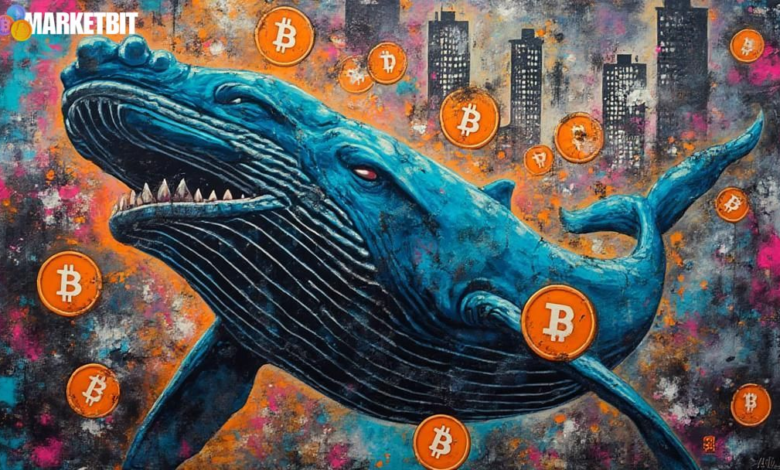Satoshi-Era Bitcoin Holder Sells $9B BTC Via Galaxy Digital

- Satoshi-era Bitcoin investor liquidates 80,000 BTC through Galaxy Digital.
- Market absorbed the sale with minimal disruption.
- Discussion on old whale influence and long-term holder sentiment.
An anonymous Satoshi-era Bitcoin investor liquidated 80,000 BTC worth approximately $9 billion through Galaxy Digital in July 2025, sparking discussion on long-term holder sentiment and market stability.
The transaction raised concerns about original Bitcoin holders’ confidence, impacting market sentiment and potential shifts towards Ethereum and altcoins due to growing institutional interest.
In July 2025, an anonymous Satoshi-era Bitcoin holder sold 80,000 BTC (worth $9 billion) through Galaxy Digital. This transaction sparked discussions about long-term holder sentiment and its impact on market stability and ecosystem assets.
Massive Bitcoin Liquidation
The seller, unnamed but an early Bitcoin investor, kept the BTC dormant for over 14 years. The transaction is part of their estate planning strategy, as facilitated by Galaxy Digital.
Market Absorption and Reactions
The massive Bitcoin sale had significant implications, yet the market absorbed it smoothly. Key opinion leaders speculate about possible shifts in ownership from early adopters to new institutional holders.
Financially, BTC was the primary asset impacted, but Ethereum and altcoins could witness flows amid this rotation. Some analysts view the increased spot ETF demand for ETH as an indirect consequence.
Market Maturity and Volatility
The Bitcoin market demonstrated maturity with limited volatility following the sale. Debate persists about whether this signals loss of confidence among early adopters or a normal capital redistribution. As Scott Melker noted, “Bitcoin is amazing. But it’s obviously been co-opted to some degree by the very people that it was created as a hedge against. Many of the most ardent early whales have seen their faith shaken and have been selling at these prices.” Twitter Link
Historical data reveals similar past events caused greater volatility. However, with improved liquidity and price resilience, today’s ecosystem seems robust against such large-scale transactions.





